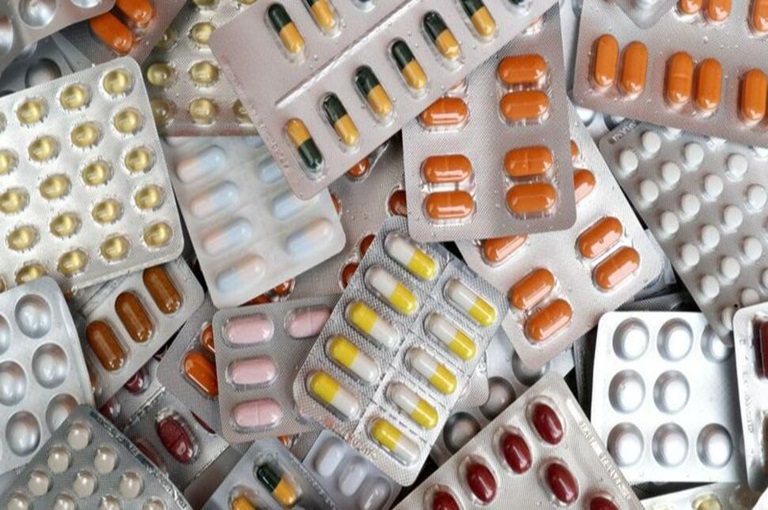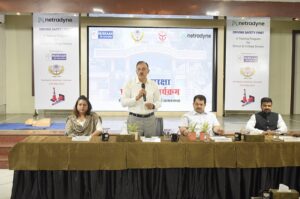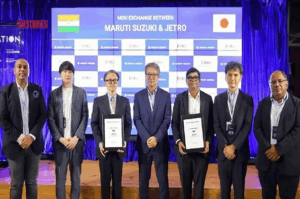Drug Costs crash for 4 Rare Diseases as Indian Companies Step In.

New Delhi : Patients suffering from rare diseases in India are set to receive relief as the government has granted approval for the marketing of four drugs manufactured by Indian companies. These medications offer a more cost-effective alternative to imported drugs. For instance, the annual cost of Nitisinone capsules, used in treating tyrosinemia type 1 disease, is Rs 2.2 crore when imported. However, the domestically produced version of the drug will be priced at Rs 2.5 lakh, presenting a substantial cost reduction. Tyrosinemia type 1 is a rare disease, with one patient found in a population of one lakh.
Another example is Eliglustat capsules, an imported drug for Gaucher’s disease, which incurs an annual cost ranging from Rs 1.8 to 3.6 crore. In contrast, the domestically manufactured version of this medicine will be priced between three to six lakh rupees. Trientine capsules, used in the treatment of Wilson’s disease, cost Rs 2.2 crore annually through imports, but the domestically produced medication will be available at only Rs 2.2 lakh per year.
For the drug Cannabidiol, utilized in treating Gravel-Lennox Gastaut syndrome, the import cost ranges from Rs 7 lakh to Rs 34 lakh annually. However, the domestically manufactured version is expected to be available in the range of one to five lakh rupees. Additionally, Hydroxyurea Syrup, a medication for sickle cell Anemia, is anticipated to be commercially available starting March 2024, with a potential price of Rs 405 per vial. Presently, the 100 ml vial of this drug costs $840, approximately Rs 70,000.
These medications were not previously manufactured in India. The government’s decision aims to encourage domestic companies to produce generic medicines used in the treatment of rare diseases. The initiative, launched in July 2022, involved discussions with various stakeholders, including the pharmaceutical industry, CDSCO, and the department of pharmaceuticals. Among the 13 prioritized rare diseases, sickle cell Anemia was included in the talks between pharmaceutical companies and the Drugs Controller General of India, culminating in the recent approval of these drugs.







